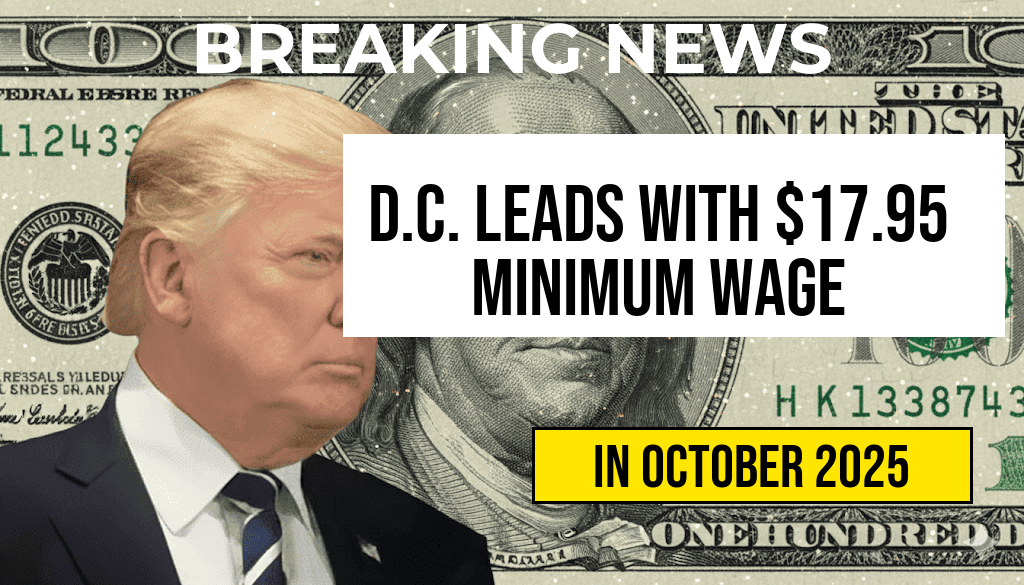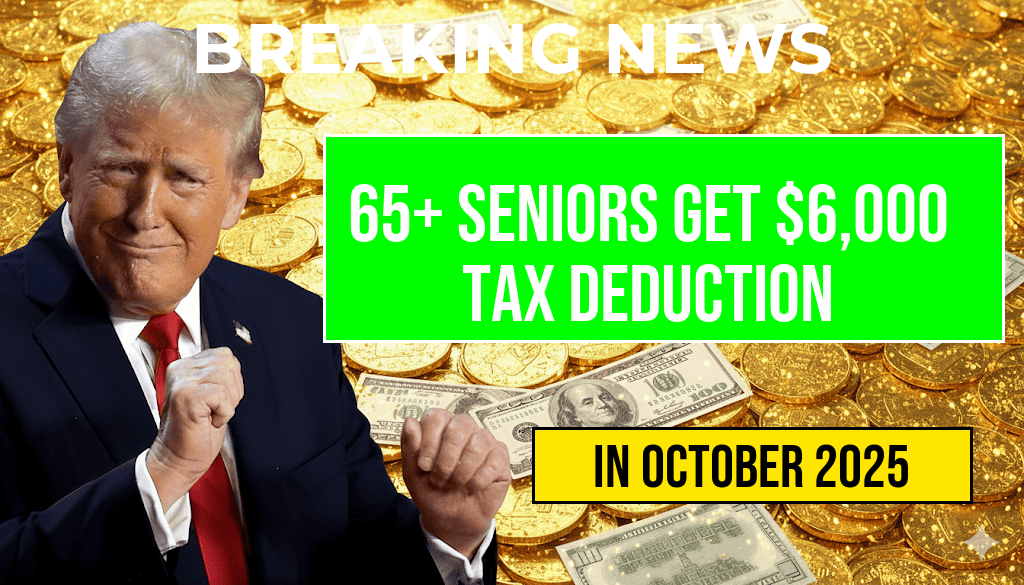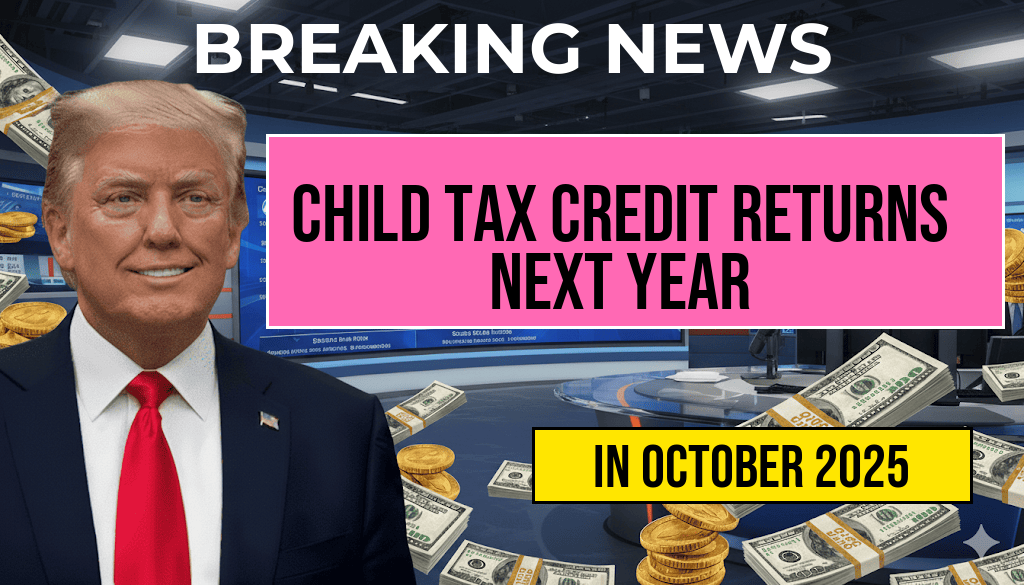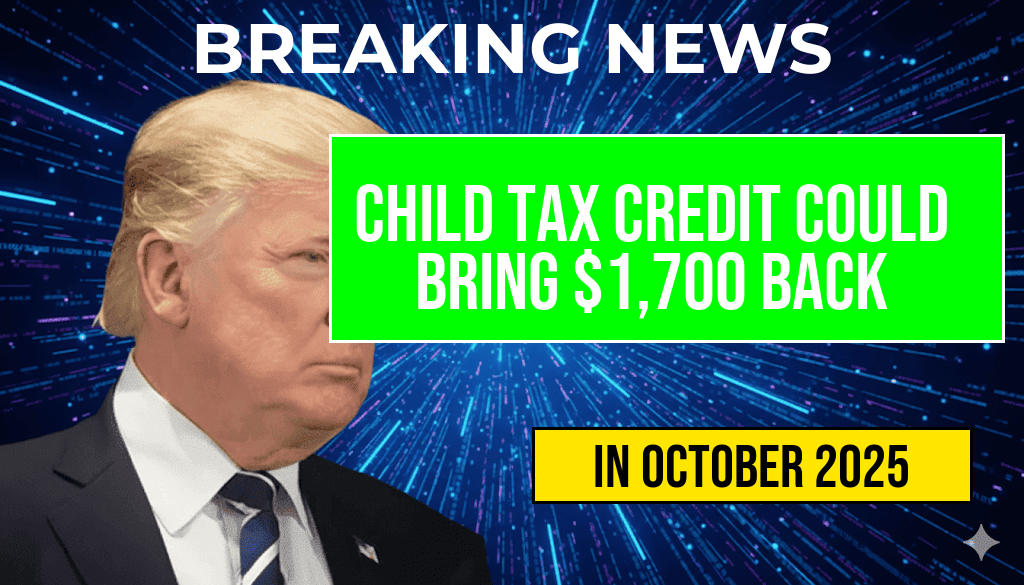Washington D.C. has solidified its position as the U.S. city with the highest minimum wage, setting the rate at $17.95 per hour as of July 2023. This figure surpasses the federal minimum wage of $7.25 and exceeds those of many states and localities, reflecting the district’s ongoing commitment to increasing earnings for low-wage workers. The city’s progressive wage policies are part of a broader effort to address income inequality and improve living standards amid rising living costs. The adjustment, which occurred following legislation passed in recent years, places D.C. at the forefront nationally, prompting discussions across the country about wage standards and economic equity.
Background on Washington D.C.’s Minimum Wage Policy
The District of Columbia’s minimum wage has been steadily rising over the past decade, driven by local legislation aimed at aligning wages with the cost of living. The city’s minimum wage is updated annually based on inflation and economic conditions, with increases often tied to the Consumer Price Index (CPI). This approach ensures that wages keep pace with inflation, helping workers maintain their purchasing power.
Legislation enacted in 2019 mandated annual increases until the minimum wage reaches $15 per hour by 2020, with subsequent adjustments to follow. Further, the city has committed to raising the minimum wage to $20 per hour by 2026, with periodic evaluations to determine the feasibility of reaching that goal. These policies have positioned D.C. as a leader among U.S. cities that prioritize wage growth for low-income residents.
Impacts of the $17.95 Minimum Wage
Economic Benefits and Challenges
- Improved Living Standards: Many workers in retail, hospitality, and service sectors now earn wages that better reflect the high cost of living in D.C., reducing reliance on public assistance programs.
- Business Responses: Some small businesses express concern about increased labor costs, citing potential impacts on hiring and profit margins. Larger employers, however, often cite improved employee retention and morale.
- Inflationary Pressures: Critics argue that higher wages could contribute to increased prices for goods and services, though empirical data remains mixed on the overall impact.
Comparison with Other Jurisdictions
| City | Minimum Wage | Effective Date |
|---|---|---|
| Washington D.C. | $17.95 | July 2023 |
| Seattle | $17.27 | 2023 |
| San Francisco | $16.99 | 2023 |
| New York City | $15.00 | 2023 |
While other cities have made significant strides, D.C.’s wage rate remains the highest among major urban centers, reflecting its unique economic landscape and political commitment.
Policy Drivers and Future Outlook
Legislative Initiatives and Community Support
The district’s minimum wage policy is driven by a combination of legislative actions and advocacy from workers’ rights organizations. The Fair Wages for Workers Act, passed in 2018, set the foundation for phased increases aligned with inflation. District policymakers emphasize the importance of ensuring that economic growth benefits all residents, especially those in vulnerable employment sectors.
Looking ahead, discussions are underway regarding further adjustments, with some stakeholders advocating for a $20 minimum wage by 2026. The city’s government has signaled openness to reviewing economic data and adjusting policies to balance affordability for businesses with fair compensation for workers.
Broader Economic Context
Washington D.C.’s high minimum wage is part of a broader national debate about living wages, economic inequality, and the role of municipal governments in shaping labor standards. While some critics warn about potential job losses, studies from organizations such as the Economic Policy Institute suggest that modest wage increases can lead to increased consumer spending and overall economic vitality.
As the city continues to evolve economically, maintaining its position as the leader in minimum wage standards may influence other jurisdictions to follow suit, setting a precedent for fair pay across the country.
For more on minimum wage policies and economic trends, visit Wikipedia’s Minimum Wage page and Forbes on Minimum Wage Economics.
Frequently Asked Questions
What is the current minimum wage in Washington D.C.?
The minimum wage in Washington D.C. is currently set at $17.95 per hour.
How does Washington D.C.’s minimum wage compare to other states?
Washington D.C. maintains its position as the highest minimum wage among U.S. states and territories, leading with a rate of $17.95 per hour.
Are there any scheduled increases in Washington D.C.’s minimum wage?
Yes, Washington D.C. has plans for periodic minimum wage adjustments to keep pace with inflation and economic conditions.
Which workers are covered by Washington D.C.’s minimum wage law?
The minimum wage law in Washington D.C. applies to most hourly workers within the district, including those in retail, hospitality, and service industries.
What factors contribute to Washington D.C. maintaining the highest minimum wage?
The cost of living in Washington D.C., along with local economic policies and advocacy for fair wages, contribute to the district’s position with the highest minimum wage.






